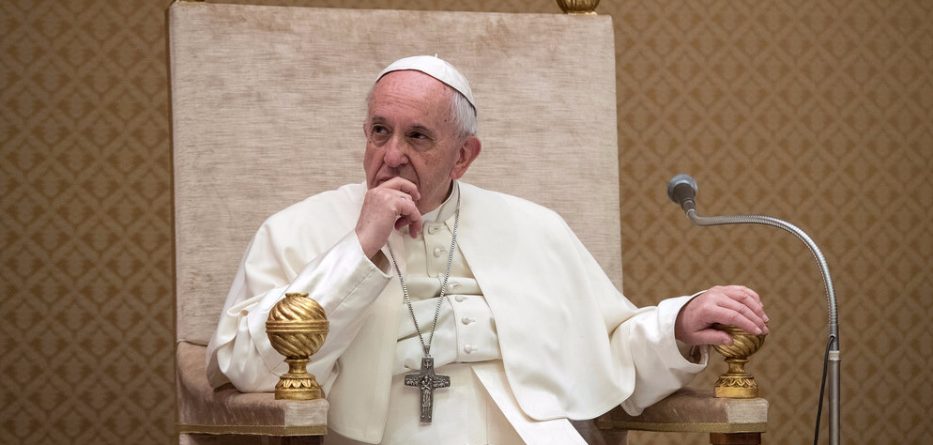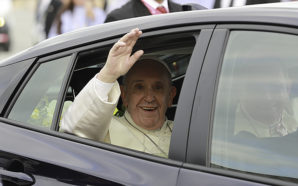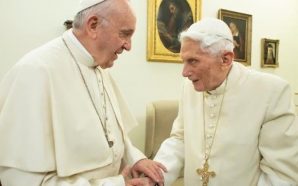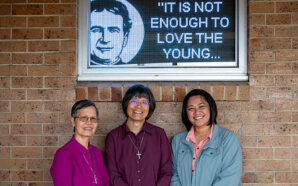From The New Yorker.
Five decades ago, in an essay in The New York Review of Books, Hannah Arendt described an exchange she had had with a “Roman chambermaid” about Pope John XXIII. The beloved pontiff had died, of stomach cancer, two years earlier, not long before the Second Vatican Council, which he convened, transformed the liturgy and the spirit of the Catholic Church.
“How could it happen that a true Christian would sit on St. Peter’s chair?” the chambermaid asked, apparently referring to the succession of venal company men who had held the office over the centuries. “Didn’t he first have to be appointed Bishop, and Archbishop, and Cardinal, until he finally was elected to be Pope? Had nobody been aware of who he was?”
A version of the same question has often been asked about Pope John’s current successor, Francis. Did the conservative, crimson-garbed men who elevated him to the papacy, in 2013, know what they were getting? In the past four years, Francis has spoken forcefully and forthrightly about the world’s most urgent problems—the bankruptcy of free-market capitalism, the plight of migrants, the stresses of liberal democracy, climate change, demagogic populism, economic inequality. He has done all this with verve, good humor, and a self-accepting modesty.
And, most important, he has been heard. The dangerous currents of world politics have made him into a global tribune of human aspiration; it is no longer news that the Pope is a true Christian. Last week, Bruno Giussani, the European director of ted, said that “Francis has become possibly the only moral voice capable of reaching people across boundaries and providing clarity and a compelling message of hope.”
This unexpected endorsement coincided with an equally unexpected event—Francis’s appearance, via video feed, at Vancouver’s ted2017 conference, where he spoke on the theme “The Future You.” For twenty minutes, the Pope held the rapt attention of the technopreneurs, a post-religious legion if ever there was one. (So far, ted’s virtual congregation has viewed his talk more than a million and a half times.) Francis has, in the past, challenged “media and the digital world” for preventing “people from learning how to live wisely, to think deeply, and to love generously,” but his subject in Vancouver was broader than the “mental pollution” of screen overload.
He offered his audience of future-inventing techies both a positive message and a challenge, pleading with them not to forget the marginalized. “How wonderful would it be if the growth of scientific and technological innovation would come along with more equality and social inclusion?” he said. “Let us help each other, all together, to remember that the other is not a statistic or a number. The other has a face.”
To read the full story in The New Yorker, click here.
Photo credit: Catholic Church (England and Wales)








